Managed File Transfer is a comprehensive technology that allows secure, efficient, and compliant data movement across various platforms, dramatically evolving traditional file transfer methods with enhanced visibility and control.
This category offers a reliable solution for businesses seeking to streamline secure data transmissions. By centralizing file transfers with improved automation, scheduling, and auditing functionalities, MFT ensures data integrity and compliance with industry regulations. It's recognized for enhancing user productivity, reducing error rates, and minimizing security vulnerabilities. Users report significant improvements in their data management processes, noting the solution's robust security features and unparalleled reliability.
What are the critical features of MFT?MFT solutions find applications across industries such as finance, healthcare, and government due to their capability to secure sensitive information seamlessly. Firms use them to comply with strict industry regulations while ensuring efficient data workflows that facilitate daily operations. MFT's adaptability makes it crucial for sectors where data security is paramount, enabling efficient operations without compromising compliance standards.
Organizations benefit from MFT by having a more secure data handling framework, which facilitates the seamless movement of information across different systems. Its capacity to improve data processing efficiency while reducing risks associated with file transfer errors makes it a beneficial investment for businesses aiming to enhance their data management practices.
| Product | Market Share (%) |
|---|---|
| GoAnywhere MFT | 10.8% |
| MOVEit | 9.4% |
| IBM Sterling File Gateway | 9.1% |
| Other | 70.69999999999999% |



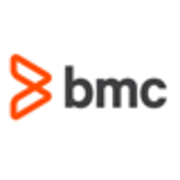










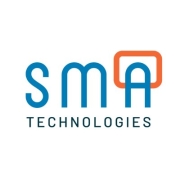


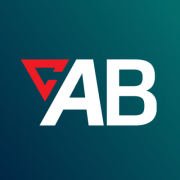














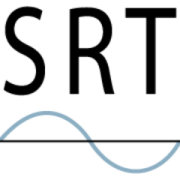

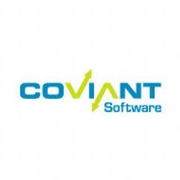








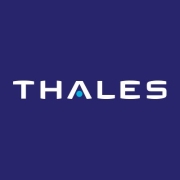







FTP, otherwise known as file transfer protocol, is a protocol primarily used to transmit files between a client and a server on a network. FTPs are less secure than MFTs because transferred files are not encrypted and are usually sent via plain text, leaving data vulnerable. Moreover, FTPs lack automation features and fail to meet compliance requirements. In addition, because FTPs don’t have great authentication to retrieve or send data, they cannot adequately deal with cybersecurity issues like MFTs can.
In contrast to FTP, MFT uses industry-standard network encryption and protocols to ensure data is secure at all times, while in transit or not. Unlike FTPs, managed file transfers can automate manual processes that are time-consuming, and transfers can be simplified and tracked.
FTPs can be time-consuming to develop, maintain and troubleshoot. Although they offer free file transfer software, FTPs may cost more money in the long term because the damage of a data breach can be more detrimental to your organization.
SFTP, or secure file transfer protocol, works over a secure shell (SSH) to allow file transfer, access, and management over a secure data stream. It works by establishing a single secure connection to provide a heightened level of file transfer protection. Additionally, it uses encryption algorithms and authentication to keep files unreadable during the transfer process while simultaneously preventing unauthorized access during the process as well. SFTP is different from MFT not only in the way files are transferred but also in authentication; SFTP does not require two-factor authentication but does need a user ID and password along with SSH keys to ensure a more secure connection.
Managed File Transfer enhances security by implementing robust encryption protocols, secure data access, and strict authentication processes. These features ensure that your sensitive data is protected both in transit and at rest. With MFT, you can track all file transfers and detect unauthorized activities, thus reducing the risk of data breaches and ensuring compliance with industry regulations.
What features should you look for in an MFT solution?When selecting an MFT solution, look for features such as automated workflows, centralized control, real-time monitoring, and extensive reporting capabilities. Ensure the solution offers robust security measures like encryption and access control. Integration with existing IT infrastructure and support for various protocols and platforms are also crucial for seamless operation and scalability.
Can MFT solutions integrate with existing IT systems?Yes, most MFT solutions are designed to integrate smoothly with existing IT systems. They support various platforms, protocols, and APIs to ensure compatibility with your current setup. This integration capability allows you to streamline your file transfer processes without disrupting your existing workflow or requiring significant changes to your IT infrastructure.
How does MFT help in regulatory compliance?MFT assists in regulatory compliance by providing detailed audit logs, secure transfer protocols, and data encryption methods. These features help you comply with standards like GDPR, HIPAA, and PCI-DSS. MFT solutions offer detailed reporting and monitoring, allowing you to track and document all file transfer activities, which is crucial for demonstrating compliance during audits.
What are the cost implications of implementing MFT?While the initial cost of implementing an MFT solution may seem significant, it typically results in cost savings over time. Efficient file transfers reduce operational costs, while robust security measures lower the risk of expensive data breaches. Automated processes minimize manual intervention, decreasing labor costs. Many providers offer scalable pricing models, allowing you to choose a plan that fits your budget and needs.